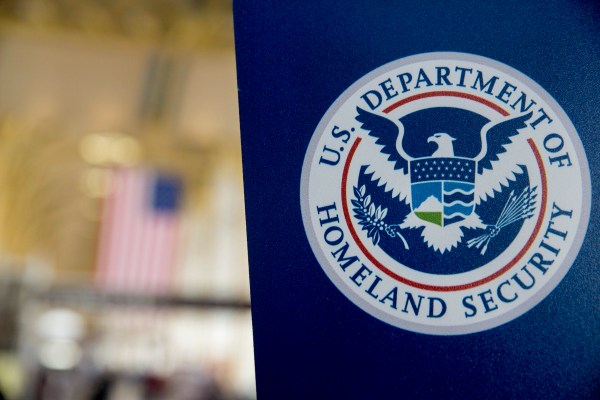One of the largest civil liberties groups in the U.S. is suing two Homeland Security agencies for failing to turn over documents it requested as part of a public records request about a controversial cell phone surveillance technology.
The American Civil Liberties Union filed suit against Customs and Border Protection (CBP) and Immigration and Customs Enforcement (ICE) in federal court on Wednesday after the organization claimed the agencies “failed to produce records” relating to cell site simulators — or “stingrays.”
Stingrays impersonate cell towers to trick cell phones into connecting to them, allowing its operator to collect unique identifiers from the device and determine their location. The devices are used for surveillance, but also ensnare all other devices in their range. It’s believed newer, more advanced devices can intercept all the phone calls and text messages in range.
A government oversight report in 2016 said both CBP and ICE collectively spent $13 million on buying dozens of stingrays, which the agencies used to “locate people for arrest and prosecution,” the ACLU said.
But little else is known about stingray technology because the cell phone snooping technology is sold exclusively to police departments and federal agencies under strict non-disclosure agreements with the device manufacturer.
The ACLU filed a Freedom of Information Act request in 2017 to learn more about the technology and how it’s used, but both agencies failed to turn over any documents, it said.
The civil liberties organization said there is evidence to suggest that records exist, but has “exhausted all administrative remedies” to obtain the documents. Now it wants the courts to compel the agencies to turn over the records, “not only to shine a light on the government’s use of powerful surveillance technology in the immigration context, but also to assess whether its use of this technology complies with constitutional and legal requirements and is subject to appropriate oversight and control,” the filing said.
The group wants the agencies’ training materials and guidance documents, and records to show where and when stingrays were deployed across the United States.
CBP spokesperson Nathan Peeters said the agency does not comment on pending litigation as a matter of policy. A spokesperson for ICE did not comment.
